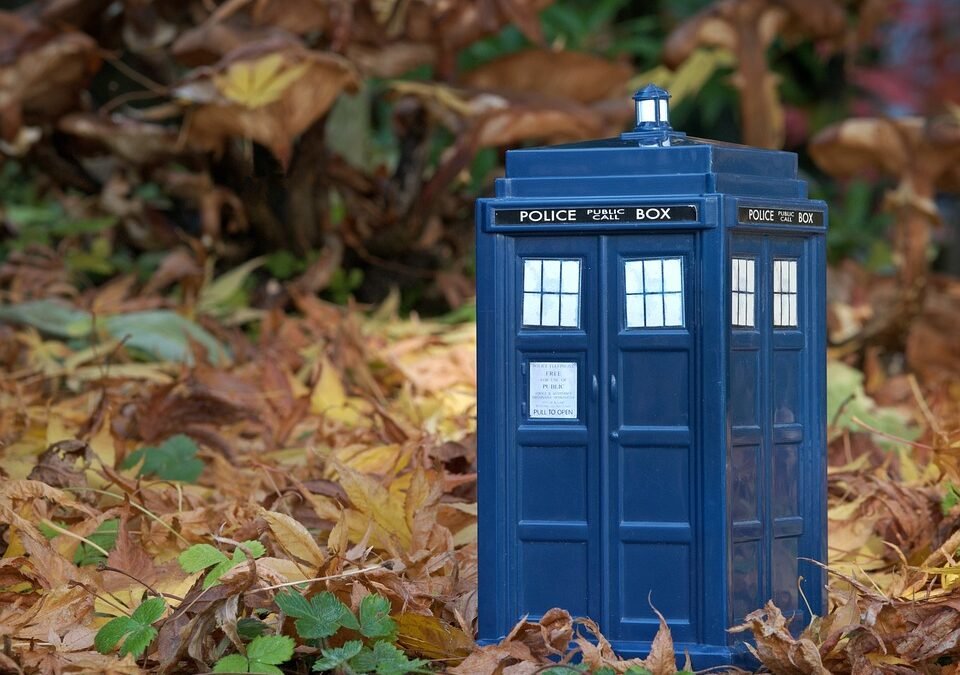Unleashing Creativity: Exploring the World of game Design
Introduction
Creativity is a powerful force that resides within each of us. It is the ability to think outside the box, to imagine new possibilities, and to bring those ideas to life. One industry that thrives on creativity is game design. Game design is not just about coding or programming; it is about creating immersive experiences that captivate and engage players.
In this article, we will delve into the world of game design, exploring its various aspects, and uncovering the secrets behind unleashing your creativity in this exciting field.
What is Game Design?
Game design is the process of creating the rules, mechanics, and overall structure of a game. It involves designing the gameplay, the visual and audio elements, and the overall user experience. Game designers use their creativity to craft interactive experiences that entertain, challenge, and engage players.
Game design can encompass various genres, including video games, board games, card games, and even Virtual reality experiences. Each type of game design requires a unique set of skills and approaches, but they all share the common goal of providing enjoyable and immersive experiences.
Unleashing Your Creativity in Game Design
Now that we understand what game design entails, let’s explore some tips and techniques to unleash your creativity in this field:
1. Embrace Inspiration
Inspiration can come from anywhere – movies, books, nature, or even everyday life. Pay attention to the things that captivate your attention and ignite your imagination. By embracing inspiration, you can infuse your game design with fresh and unique ideas.
2. Be Open to Collaboration
Collaboration is essential in game design. Working with others allows you to bounce ideas off each other, gain new perspectives, and enhance your creativity. Join online communities, attend game design workshops, and connect with like-minded individuals to collaborate and grow your creative potential.
3. Play Games
Playing games is not only fun but also a great way to understand what works and what doesn’t. Analyze the mechanics, storytelling, and overall experience of the games you play. This analysis will help you identify effective design techniques that you can incorporate into your own creations.
4. Experiment and Iterate
Don’t be afraid to try new things and experiment with different ideas. Game design is an iterative process, and sometimes the best ideas come from unexpected places. Be willing to embrace failure as a learning opportunity and iterate on your designs to make them even better.
5. Keep Learning
Game design is a constantly evolving field, with new technologies and trends emerging regularly. Stay up to date with the latest advancements, attend workshops, and take online courses to expand your knowledge and skill set. The more you learn, the more tools you will have at your disposal to unleash your creativity.
Frequently Asked Questions
Q: Do I need programming skills to be a game designer?
A: While programming skills can certainly be beneficial, they are not a strict requirement for game design. Many successful game designers work closely with programmers to bring their ideas to life. Focus on developing your creative thinking, problem-solving, and communication skills, and collaborate with programmers to implement your designs.
Q: Can I become a game designer without a degree in game design?
A: Yes, a degree in game design is not necessary to become a game designer. Many successful game designers come from diverse backgrounds, including art, programming, and even psychology. Building a strong portfolio, gaining practical experience through internships or personal projects, and continuously learning and improving your skills are key to breaking into the game design industry.
Q: How long does it take to design a game?
A: The time it takes to design a game can vary greatly depending on the scope and complexity of the project. Simple games can be designed in a matter of weeks, while more complex projects can take months or even years. The key is to start small and gradually work your way up to more ambitious projects as you gain experience and confidence in your abilities.
Q: Is game design a lucrative career?
A: Game design can be a lucrative career, but success in the industry often depends on various factors, including the quality of your work, your ability to network and market yourself, and the demand for game designers in your area. It is essential to be passionate, dedicated, and continuously improve your skills to stand out in this competitive field.
Conclusion
Game design is a thrilling and rewarding field that offers endless opportunities for creativity. By embracing inspiration, collaborating with others, continuously learning, and experimenting with new ideas, you can unleash your creativity and create captivating games that leave a lasting impact on players.
Remember, game design is not just about the end product; it is about the journey of discovery and exploration. So, dive into the world of game design, unlock your creative potential, and let your imagination run wild.

